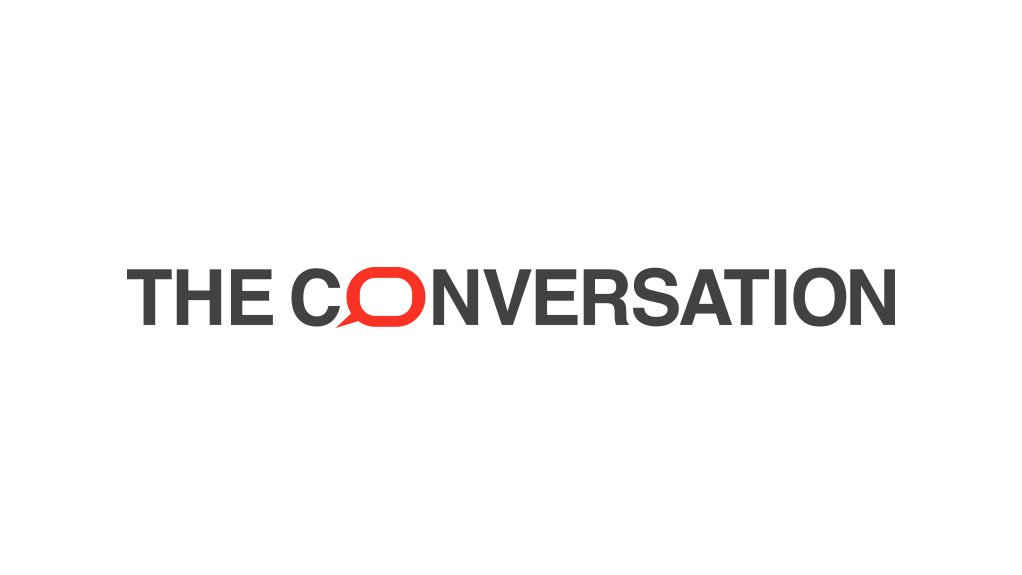Since then, numbers have continued to be high. In 2023 the number of migrants who reached Europe’s shores through the Mediterranean Sea was 275,000, up from about 180,000 in 2022.
To control the influx of migrants, the EU and several of its member states have introduced closed door policies – strict control measures at the EU’s external borders and anti-migration policies which are increasingly turning Europe into a “fortress”.
We have been researching migration, borders and Africa-EU relations for over a decade and continue to follow the situation closely. We are part of a community of Africa-EU relations scholars working on migration policy, and have observed newer ways in which the EU is blocking migrants from entering the region.
Drawing from these sources and contact points, we’ve identified three new trends in how European countries are erecting barriers:
-
borders are being heavily policed and the resources used to manage the borders have transformed
-
Europe-based NGOs that support migrants are being harassed
-
the asylum process is being exported or subcontracted, to African countries.
The EU’s “fortress” approach is a waste of resources that could be put to better use in more humane and sustainable ways. No matter what measures European countries take, irregular migration will continue. Mobility is natural to human life. People will always seek out better options.
Heavily policed borders
Between 2014 and 2022, the aggregate length of border fences at the EU’s external borders and within the EU grew from 315km to 2,048km. Military forces are being used more to manage the situation.
Technology is also now being used to reinforce physical borders. There are newer, controversial mechanisms:
-
Artificial intelligence conducts discriminatory risk assessments based on race and place of origin and can result in unlawful profiling and racism.
-
The European Parliament recently adopted a New Pact on Migration and Asylum which allows the use of facial recognition technology and collection of biometric data. Migrant images and data can now be stored for up to 10 years and police forces across the EU can access these databases.
-
Military-grade drones are being used to detect refugee boats on the Mediterranean Sea, allowing coastguards to intercept them.
Various rights organisations are concerned that the use of these new technologies threatens migrant rights. They invade and violate privacy by gathering personal data and discriminate based on citizenship, ethnicity, race, gender and national origin.
Targeting of rights organisations
Some EU countries are cracking down on humanitarian organisations helping migrants. Some organisations are being criminalised. They’re being painted as human smugglers, human traffickers or spies, or ordered not to help migrants in dire situations.
For instance in 2024 the Italian Coast Guard detained a humanitarian search and rescue ship belonging to Doctors without Borders (Médecins Sans Frontières). This was the 20th time Italian authorities had detained a humanitarian ship since the government enforced a new law that restricts operations of rescue ships in early 2023.
In 2022, Polish officers arrested four human rights activists from the humanitarian organisation Grupa Granica for offering food, blankets and transport to a family with seven children that was stranded in a freezing forest in the Polish-Belarus borderlands. Polish authorities said they arrested the activists for illegal smuggling.
And, in August 2018, Greek authorities jailed 24 aid workers from Emergency Response Centre International for helping to rescue distressed migrants at sea. They charged the group with espionage, fraud, human smuggling and money laundering. The aid group were later acquitted.
Subcontracting the asylum process
For years, the EU and its member states have also sought to export or subcontract the asylum process to African countries. In 2021, the African Union strongly condemned Denmark’s plans to outsource the processing of asylum seekers to African territories. Danish politicians argued that this would fix the broken Danish asylum system.
Since 2018, the EU has pushed for migrants rescued in the Mediterranean sea to be processed in north Africa, in collaboration with the UN Refugee Agency and the International Organisation for Migration. Essentially, the EU is “dumping” the rescued migrants in north African countries.
There’s been heavy criticism over this due to concerns for migrant safety and rights. In 2022, the NGO Oxfam reported that the Libyan Coast Guard had intercepted and returned 20,000 migrants to Libya. But there were subsequent reports that this group of people went missing.
There are reports that Libyan authorities commit grave human rights violations against migrants.
Towards a realistic system
Based on our expertise, it’s become clear to us that European countries must accept that migration will happen. They must therefore create legal pathways and better processes to handle migrants.
One example would be for the EU and the African Union to set up apprenticeship-like skills and technical training for irregular migrants in the sectors that draw them to EU labour markets. This would help meet the demand for labour in Europe and create regular channels of migration for Africans. The migrants would acquire skills for use in Africa if they returned.
Another would be for the EU countries to adopt Canada’s approach. It adheres to the UN refugee protocol by not penalising asylum seekers for unauthorised entry, as reflected in its Criminal Code.
Written by Chris Changwe Nshimbi, Director & SARChI Research Chair: Political Economy of Migration in the SADC Region, University of Pretoria and Inocent Moyo, Associate Professor: Department of Geography and Environmental Studies, University of Zululand
This article is republished from The Conversation under a Creative Commons license. Read the original article.











